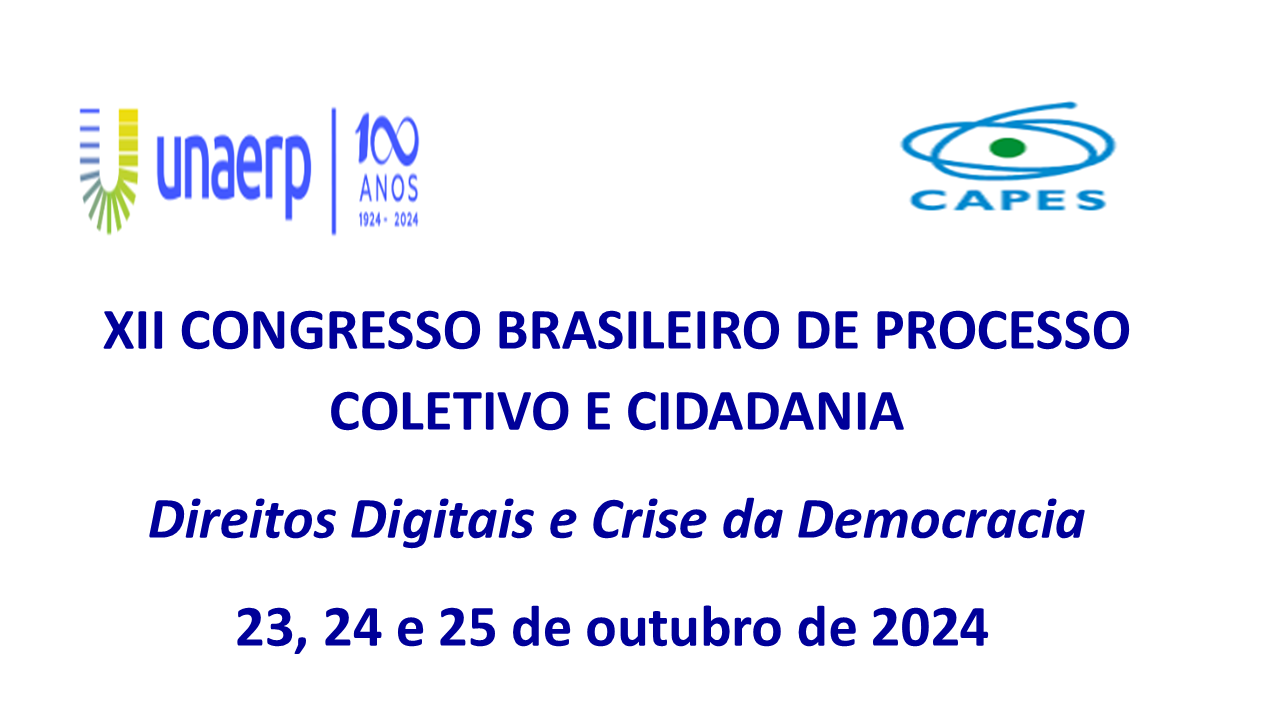O FUNDO DE DEFESA DE DIREITOS DIFUSOS E A PARTICIPAÇÃO DEMOCRÁTICA NA SUA GESTÃO: UMA ANÁLISE À EMENDA CONSTITUCIONAL Nº 127/2022
Abstract
This article aims to demonstrate the need to increase popular participation in the Federal Council, responsible for managing the Fund for the Defense of Diffuse Rights, as a means of avoiding its complete distortion and misappropriation. When talking about diffuse rights, the legitimacy of society in general becomes evident, even if through representatives, to have the possibility of influencing the decisions to be made for the reparation of such damages. As it currently stands, the Government will always have the majority of votes in the deliberations, which inevitably leads to a reduction in choices with a state vision, free from electoral bias or merely governmental perspectives. Furthermore, with the limited democratization of the Fund, potential legislations that undermine it are passed without any resistance, such as Constitutional Amendment nº 127/2022, which solved the problem of the lack of funds to cover the minimum wage of some professional categories by linking the surplus of federal funds, of which the FDD is a part, for that purpose. This leads to the observation of an unconstitutional constitutionalization of the use of the funds for purposes unrelated to diffuse rights. As a hypothesis, the change in the composition of the Council is proposed, encompassing not only a greater number of civil entities but also the presence of the Public Defender's Office of the Union, representing the vulnerable, as well as representatives of the States and Municipalities, which are the most affected entities, etc. For the elaboration of this research, bibliographic and documentary bases were used, with a qualitative approach, and the data were collected and analyzed through the hypothetical-deductive scientific method.
Downloads
Published
How to Cite
Issue
Section
License
Copyright (c) 2024 Anais do Congresso Brasileiro de Processo Coletivo e Cidadania

This work is licensed under a Creative Commons Attribution-NonCommercial-NoDerivatives 4.0 International License.
